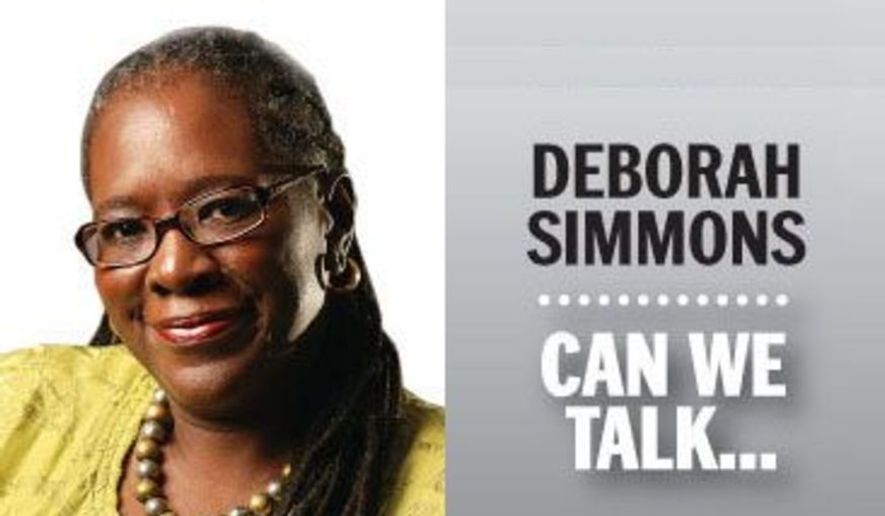OPINION:
It’s 2022. Muriel Bowser is trying to decide whether she, like Marion Barry, will be dubbed “Mayor for Life” after winning a third term.
She has to be cautious about this run because she has two opponents who have name recognition and, more important, larger war chests.
She suspected in 2018 it would come down to the almighty dollar.
Sorry, I got ahead of myself. The issue is campaign public financing.
All 13 members of the D.C. Council passed legislation this month that would dole out taxpayer money to candidates for mayor, council, attorney general and the school board who do not accept donations from businesses. If candidates play along, they could reap a 5-1 funding benefit from public coffers.
Residents, however, would reap nothing. Zero. Zilch.
The chief rhetorical argument in support of the misnamed Fair Elections Act is that its enactment would grant D.C. voters a louder voice.
The arguments against are far more compelling, including the fact that the loudest voice of every voter is made with a vote — a right that was denied to men of lesser means, a right denied to women for centuries, a right bolstered for black Americans only with the Voting Rights Act of 1965.
There also is something called free speech that is being stifled in the call for “fair” elections. The legislation forces candidates to choose between electioneering and do-your-own research. The little guys would use public financing to help cover the costs of printing flyers on their home computers. Jiminy!
Elections are big business, even more so when they are held in presidential election years. 2016 was indeed such a big year in the nation’s capital that the D.C. Democratic Party didn’t even “feel the Bern” because it was soothed by the blueness of Hillary Clinton.
There’s also the likelihood of corruption and theft, offenses that New York City is still trying to reconcile with its un-“fair” campaign public financing law. And this is important since D.C. lawmakers are following New York’s lead.
There’s also this: The council already has proposed who pays for public financing, and their legislative answer triggers a burning question: How much will it cost?
The city’s chief financial officer has provided answers in an impact statement: “Funds are not sufficient in the fiscal year 2018 through fiscal year 2021 budget and financial plan to implement the bill.”
At a minimum, more than $15 million of additional taxpayer money would be needed to give to candidates. The law is supposed to be implemented in 2022, but by then $15 million won’t be enough, and some brainiac will say, “Hey, the presidential election is in 2022. Shouldn’t we include minor presidential candidates as well?”
Fortunately, Mayor Muriel, who is seeking re-election, has said she will not sign the bill or fund the program, citing other city needs better-suited for public dollars. In other words, not me too.
Unfortunately, she doesn’t have to sign the bill into law because, if the council stands its ground, it would override a veto.
And therein lies another rub with the un-“fair” elections movement: It does not allow taxpayers to opt out.
And there’s my biggest rub — no option to opt out. Even in the years of Double Dubya, Obamamania and “I’m with Hillary,” the IRS gave taxpayers the opportunity to check “yes” or “no” regarding their willingness to contribute to presidential campaigns.
In conclusion, D.C. lawmakers do not care what you think unless your thoughts are preceded by dollar signs. City Hall is slowly but surely sliding into the swamp.
⦁ Deborah Simmons can be contacted at dsimmons@washingtontimes.com.
• Deborah Simmons can be reached at dsimmons@washingtontimes.com.




Please read our comment policy before commenting.